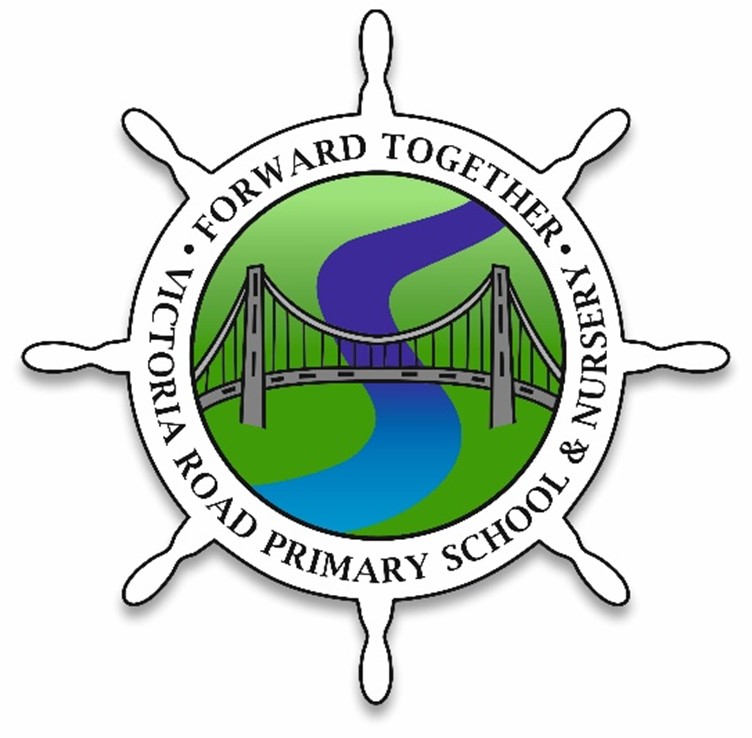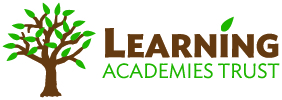Reading
Subject Rationale for Reading
At The Learning Academies Trust, we are highly motivated to ensure that the disadvantages children face in their life circumstances do not affect their education, dreams, and futures. We are acutely aware of the vital role that language development, reading and oracy skills have when it comes to accessing and enjoying education, as well as improving life chances, which is why we are dedicated to placing these life-skills at the heart of our curriculum.
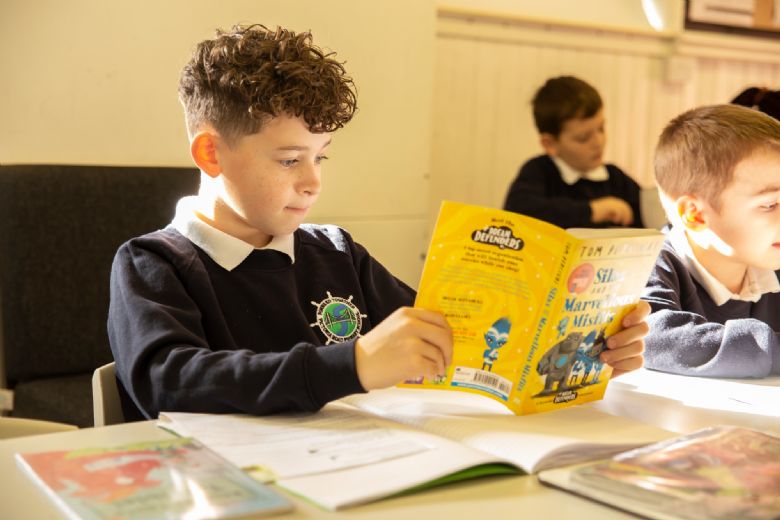
Intent | What and why do we teach what we teach?
Our aim, in all our schools at The Learning Academies Trust, is to develop avid readers who can communicate their ideas effectively as articulate speakers in an ever-changing world. By engaging with a wealth of genres, highly engaging texts with rich and varied vocabulary in addition to inspirational authors, all children develop a breadth of experience that helps them to become confident, fluent readers who read not only to gain information, but for pleasure too. We are passionate about bringing this to life through a wide range of learning experiences, activities and events across the Trust developing children’s skills, imagination, and creativity collaboratively to ensure that every child is a reader and develops a love of reading.
At The Learning Academies Trust, we ensure that, as a minimum, pupils are taught the relevant content from the National Curriculum. We plan lessons that allow pupils to engage with a text and develop their fluency and comprehension of what they read. The aims of teaching reading, as outlined in the National Curriculum, are to ensure that all pupils:
- read easily, fluently and with good understanding
- develop the habit of reading widely and often, for both pleasure and information
- acquire a wide vocabulary, an understanding of grammar and knowledge of linguistic conventions for reading
- use discussion in order to learn; they should be able to elaborate and explain clearly their understanding and ideas
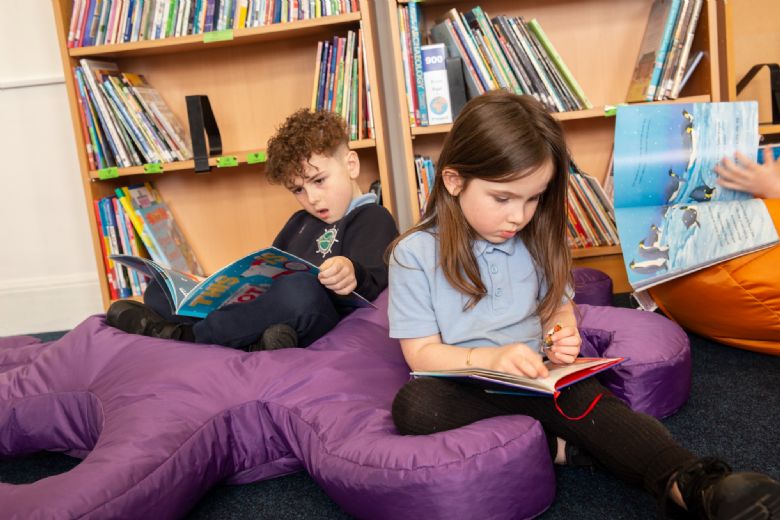
Early Years
Within the EYFS, it is crucial for children to develop a life-long love of reading. Reading consists of two dimensions: language comprehension and word reading.
The aim of the Early Years reading curriculum is to help practitioners to support children’s learning and development by closely matching what they provide to each child’s current needs. This is underpinned by developing positive relationships, the development of enabling environments and celebrating the uniqueness of every pupil.
In Nursery, we promote all opportunities for developing oracy. We do this by sharing high quality texts with the children, repeating favourite words and phrases and developing play around our favourite stories, using a range of stimulating props and resources. All of our areas of learning contain a range of texts, to encourage children to develop a love for reading. We encourage children to read both indoors and outdoors.
Children begin their phonics journey on day one of entering Year R. They develop their understanding letter sounds and oral blending. Following this, children will begin to segment sounds in simple words and blend them together. Our children will develop an association between sounds and letters and begin to read words and simple sentences. By the end of this first phase of their journey, our children will be able to read simple sentences, use their developing phonics knowledge to decode regular words and read them aloud accurately, as well as some common irregular words. We use RWI as our systematic synthetic phonics programme.
Implementation | How and when do we teach what we teach?
Within our schools, pupils start their reading journey from day one through daily phonics sessions following a synthetic phonics programme-Read Write Inc. The Systematic Synthetic Phonics programmes are designed to ensure coverage of the phonic sounds detailed in the National Curriculum in a rigorous, lively and pacy fashion to secure their phonic knowledge and achieve success in early reading. In EYFS, pupils take part in a baseline assessment and regular assessments continue after this point to ensure that children’s needs are matched carefully. It ensures that pupils can access material at their correct level of phonological understanding and teachers can identify if there is any intervention needed. The sharing of stories, songs, poems, and rhymes daily through Key Stage One, alongside their phonics provision, ensures pupils are able and inspired to read for pleasure across the curriculum, and at home, as they move through KS1 into Year 2.
During year 2, the aim is that the majority of pupils will move from a systematic, synthetic phonics programme to whole class reading sessions where strategies like echo and choral reading are employed to increase fluency. From there, and throughout Key Stage Two, we teach the key reading comprehension skills of Vocabulary, Inference, Prediction, Explaining, Retrieval, Summarising and Sequencing throughout a progressive, spiral reading curriculum which covers the National Curriculum objectives as a minimum. Oral and written comprehension tasks develop children’s opportunities to practise and apply their knowledge and understanding and as with all subjects, work is scaffolded or further challenge is provided where necessary, to enable everyone to access quality first teaching within the classroom. Across a half term, staff follow a rolling programme of Fiction/Non-Fiction/Poetry to ensure coverage of a variety of texts which link to the writing genres; these are supported by schools’ Literacy Spines. These engaging, diverse, and high-quality texts are shared daily with the whole class to celebrate and signify the importance of reading as well as to continue to expose the children to a diet of rich vocabulary.
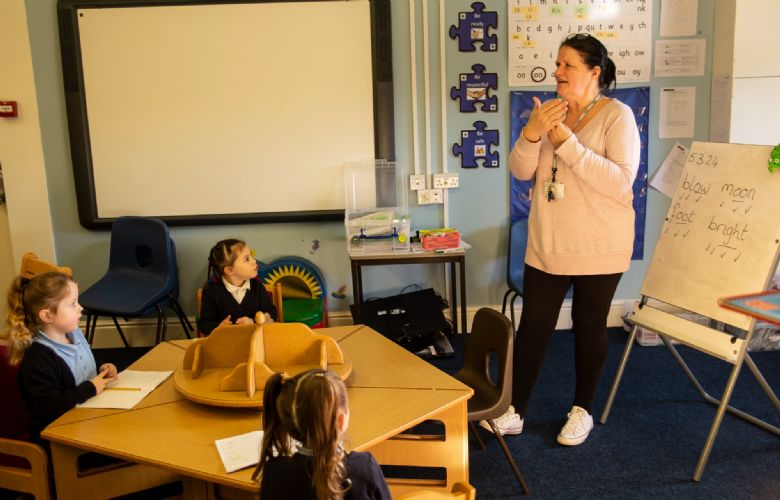
Impact | How do we assess the impact of what we teach via pupil outcomes?
The impact of our reading curriculum is that children have a positive attitude to reading and enjoy reading. They become confident and successful learners’ who can achieve regardless of their starting points. Pupils will be able to read with more skill and so will know more, understand more and therefore do more reading. Teachers will use a range of formative and summative assessment in reading to assess the children’s understanding and ascertain what they need to do next.
Alongside the daily review of learning, pupils will be assessed more formally using a range of assessment procedures. With the SSPs, pupils are assessed every half term, as a minimum, to ensure that any gaps are identified, and learning matches their needs. In Year 1, children undertake the statutory Phonics Screening Check. Across the year, children will complete a range of testing, including NFER or practise SATs style assessments. These test results, along with the work and assessment from the term, will inform teacher assessment against the National Curriculum objectives.
Our core reading spines
EYFS



KS1 Core Reading Spine
KS2 Core Reading Spine
How to support your child in their reading journey.
How to say the sounds: https://www.youtube.com/watch?v=UCI2mu7URBc
How to blend accurately: https://www.youtube.com/watch?v=vqvqMtSNswo
Supporting with phonics: https://www.youtube.com/watch?v=i5O4yvZSOsc
Supporting with reading: https://www.youtube.com/watch?v=l8Oj6_6oJq8

Information for Parents

